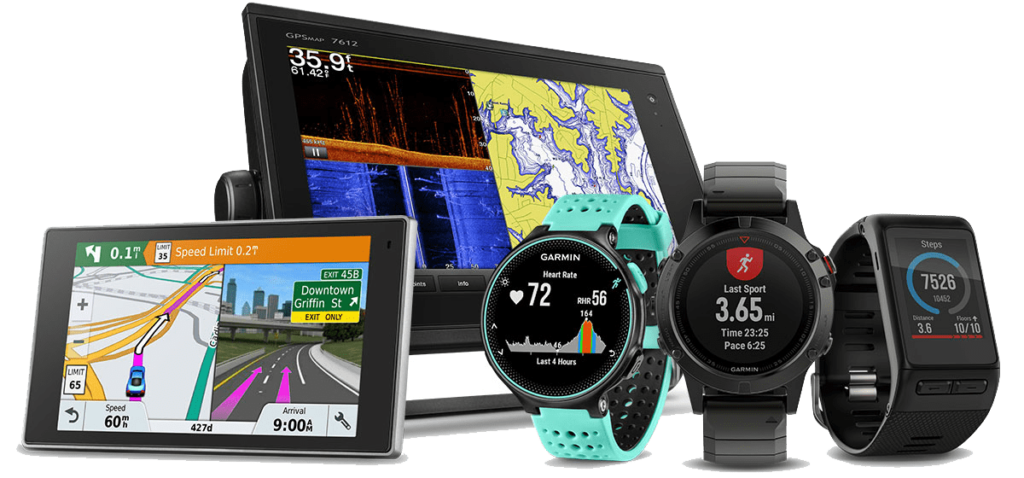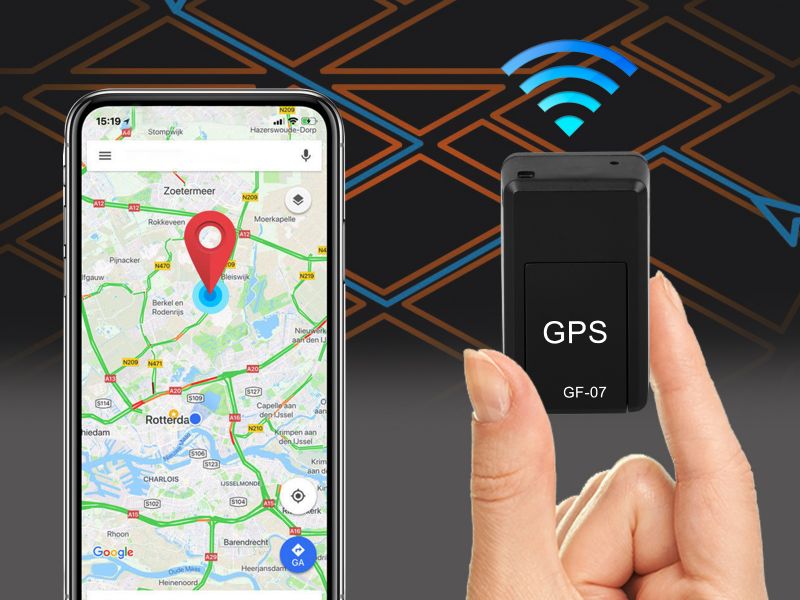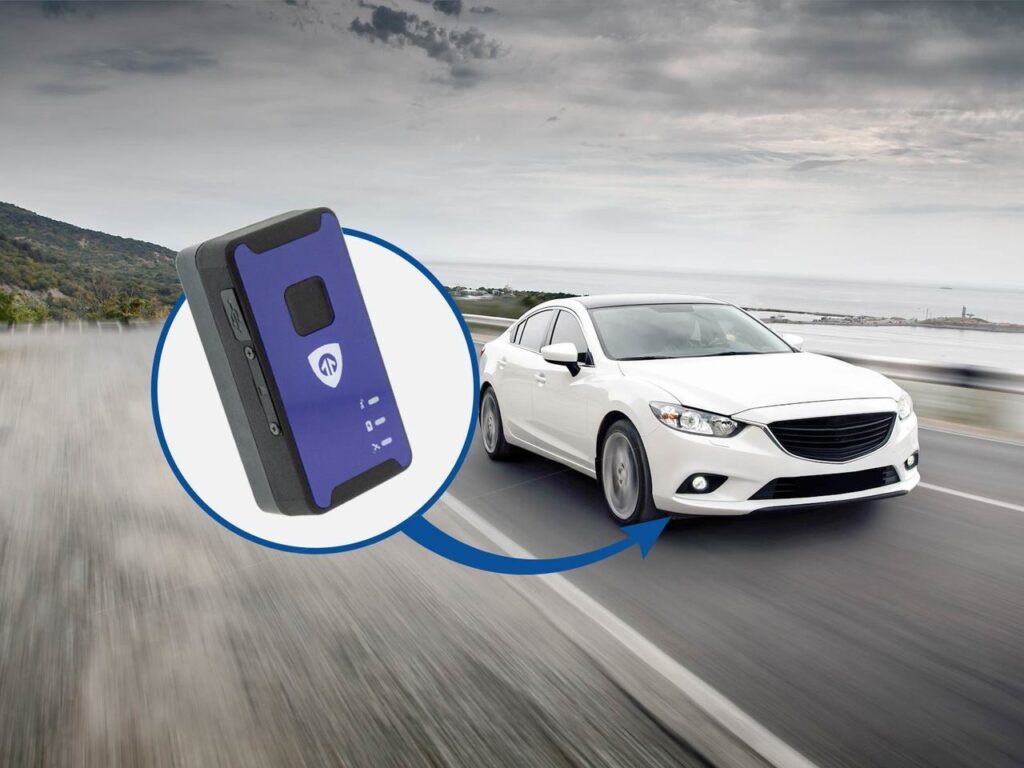In the digitally linked world of today, GPS Tracking Devices have become indispensable tools for security and navigation. How do they operate, what are they, and why should we care? Let’s embark on this informative journey together.
What is a GPS Tracking Device?
A global positioning system (GPS) tracking gadget uses GPS to pinpoint and track its precise location. The data may be saved locally on the unit or sent by cellular (GPRS or SMS), radio, or satellite modem to a remote database or computer with internet access.
The Origin of GPS Devices
-
Birth of GPS
GPS was born from the need for military navigation systems during the Cold War in the 1960s. The U.S. Department of Defense developed the system, which initially used 24 satellites and now comprises 32.
-
Advancements and Improvements
Over time, GPS technology has been refined and improved. What began as military technology is now widely available to the public, providing accurate and efficient location tracking and navigation worldwide.
Different Types of GPS Tracking Devices
GPS tracking devices come in several forms, each designed to serve specific purposes.
-
Data Loggers
Data Loggers are GPS devices that regularly log the device’s position in its internal memory.
-
Data Pushers
This is the most common type of GPS tracking unit used for asset, personal, and vehicle tracking.
-
Data Pullers
GPS transponders are commonly referred to as Data Pullers. In contrast to Data Pushers, these devices are constantly active and can be requested for information as frequently as needed.
How Does a GPS Device Work?
A GPS tracking device operates with signals sent to a network of satellites in orbit around the Earth. The satellites return these signals to the gadget, relaying data on its position, velocity, direction, and time.
-
Key Features of a Quality GPS Tracking Device
Key features include real-time tracking, speed alerts, geofencing, route history, and water-resistant properties. Some devices also offer features like SOS buttons and voice monitoring.
Uses of GPS Tracking Devices
GPS tracking devices have several uses across different sectors:
-
In Vehicles
They are used for navigation, route planning, vehicle tracking, and theft prevention.
-
In Business
Many businesses use GPS tracking for fleet management, asset tracking, and improving field service efficiency.
-
In Personal Use
They are used for personal safety, child tracking, pet tracking, and elderly care.
Advantages of GPS Devices
The advantages include improved security, increased efficiency, cost-effectiveness, and peace of mind for users.
-
Possible Concerns with GPS Devices
While the benefits are many, potential concerns can include privacy issues, misuse of information, and dependency on technology.
Choosing the Right GPS Device
Selecting the suitable device depends on the intended use, required features, and budget. Researching and comparing options is vital.
Future of GPS Tracking Devices
With technological advancements, we can expect more accurate tracking, improved data analysis, and increased integration with other tech devices.
Conclusion
GPS tracking devices have revolutionized the way we navigate and monitor movement. Despite potential concerns, their advantages and uses across multiple sectors make them an essential tool in today’s digital world.
FAQs for GPS Tracking Devices
How does a GPS tracking device work?
The gadget sends signals to a satellite network. These satellites send the device the position, speed, direction, and time of the gadget.
What are the different types of GPS tracking devices?
A few of the GPS monitoring tools that are accessible include data loggers, pushers, and pullers, each having a specific purpose.
What are the uses of GPS tracking devices?
They are used for personal safety, vehicle tracking, fleet management, child tracking, asset tracking, and more.
What are the concerns with using GPS tracking devices?
Concerns can include privacy issues, misuse of information, and dependency on technology.


